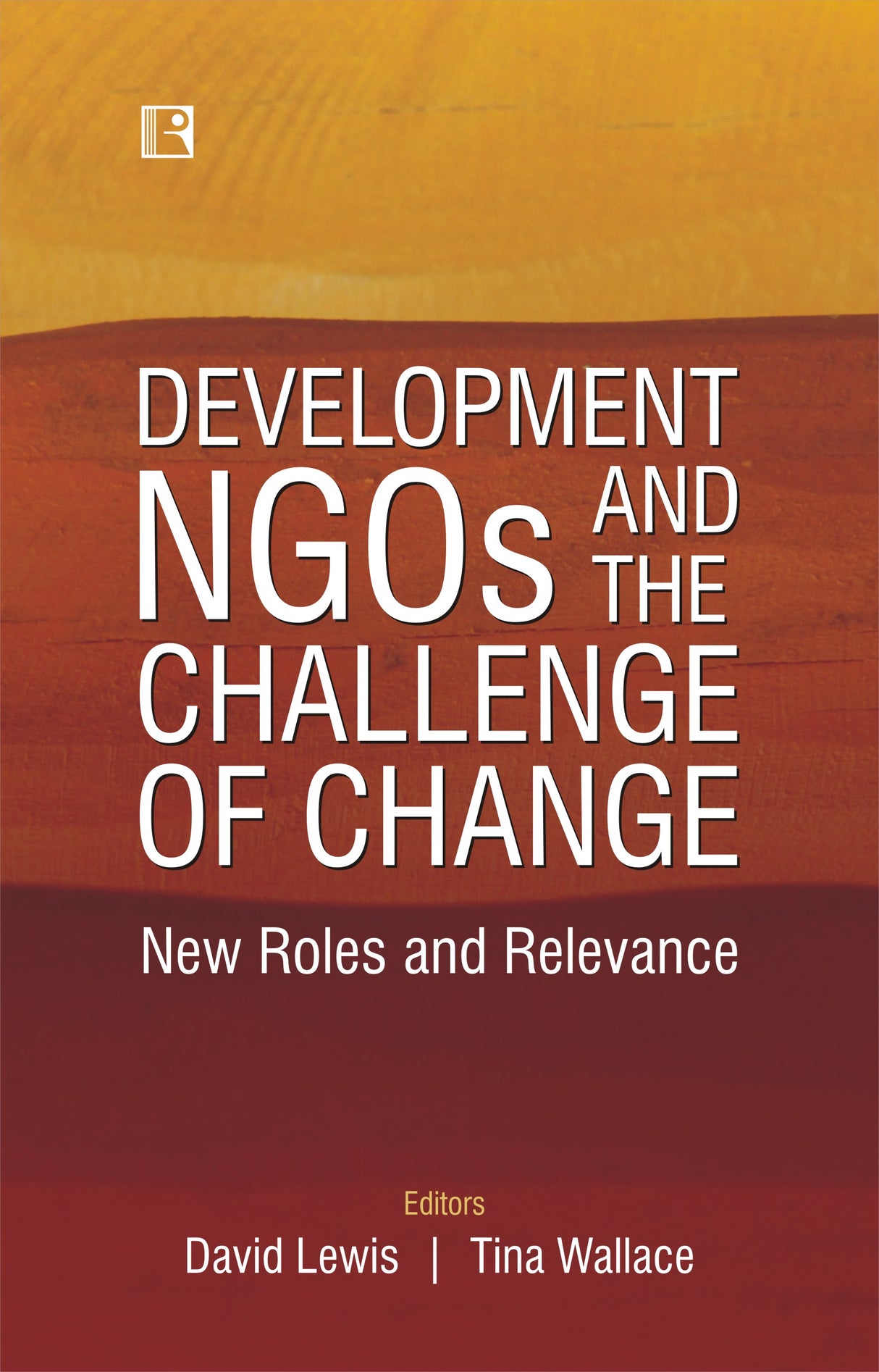Development Ngos And The Challenge Of Change
Development Ngos And The Challenge Of Change is backordered and will ship as soon as it is back in stock.
Couldn't load pickup availability
Genuine Products Guarantee
Genuine Products Guarantee
We guarantee 100% genuine products, and if proven otherwise, we will compensate you with 10 times the product's cost.
Delivery and Shipping
Delivery and Shipping
Products are generally ready for dispatch within 1 day and typically reach you in 3 to 5 days.
Book Details
-
Publisher: Rawat Publications
-
Author: David Lewis, Tina Wallace (Eds.)
-
Language: English
-
Edition: 2023
-
ISBN: 9788170337713
-
Pages: 270
-
Cover: Hardback
About the Book
In the evolving global development landscape, non-governmental organizations (NGOs) face a complex web of challenges as they strive to maintain their relevance, autonomy, and effectiveness. This timely and insightful volume, edited by David Lewis and Tina Wallace, delves into the multifaceted roles of development NGOs and their ongoing quest for greater impact in the fight against poverty. As organizations increasingly find themselves navigating tensions between local accountability and global influence, this book presents a critical analysis of their struggles and achievements.
Bringing together contributions from a distinguished group of scholars and practitioners, the book explores alternative thinking in development theory, fresh approaches to policy influence, and innovations in practice. Topics span from organizational learning and microfinance to civil society engagement, democratic governance, and peacebuilding. With essays grounded in real-world experiences across South Asia, Africa, Europe, and beyond, this volume captures the nuanced dynamics of development work today.
Divided into three parts—Alternative Thinking about Development Concepts and Ideas, New Approaches to Influencing Policy, and Innovations in Development Practice—the book includes influential chapters on microenterprise, institutional economics, advocacy strategies, and grassroots campaigns. Each chapter contributes to a broader understanding of how NGOs can enhance their legitimacy, improve performance, and forge stronger partnerships with both communities and policymakers.
This essential work is a valuable resource for students, scholars, development professionals, and anyone interested in the future of NGOs in global development. It emphasizes that meaningful poverty reduction requires both local engagement and global vision, backed by a commitment to learning, innovation, and structural change.





